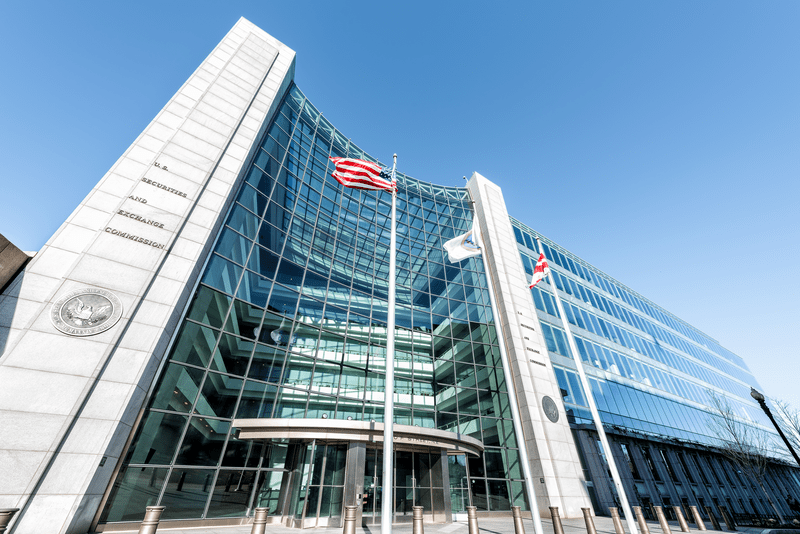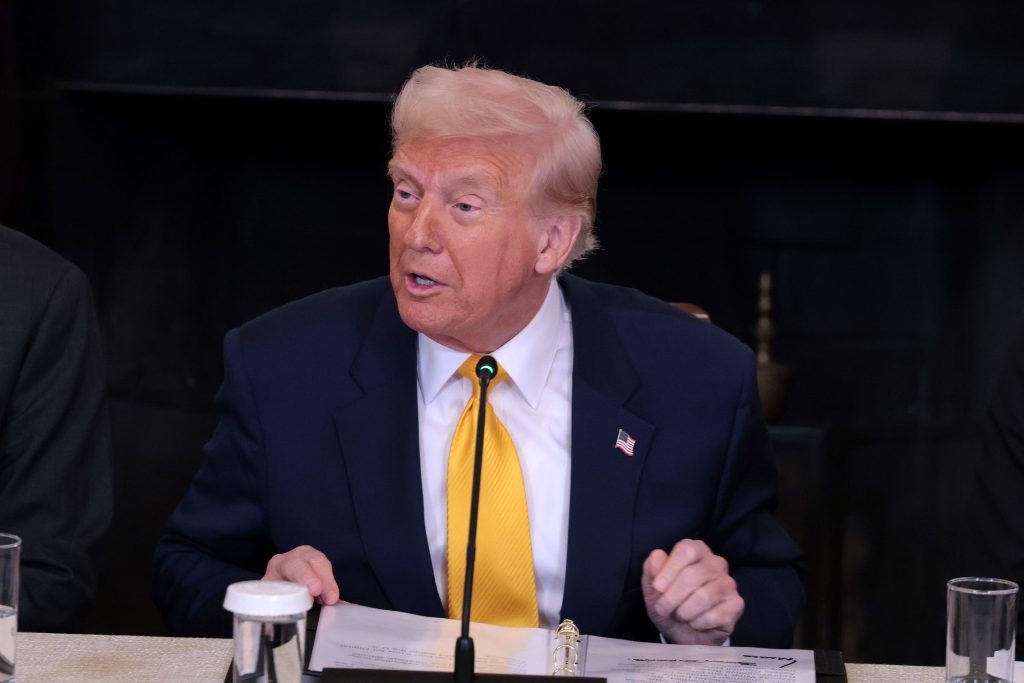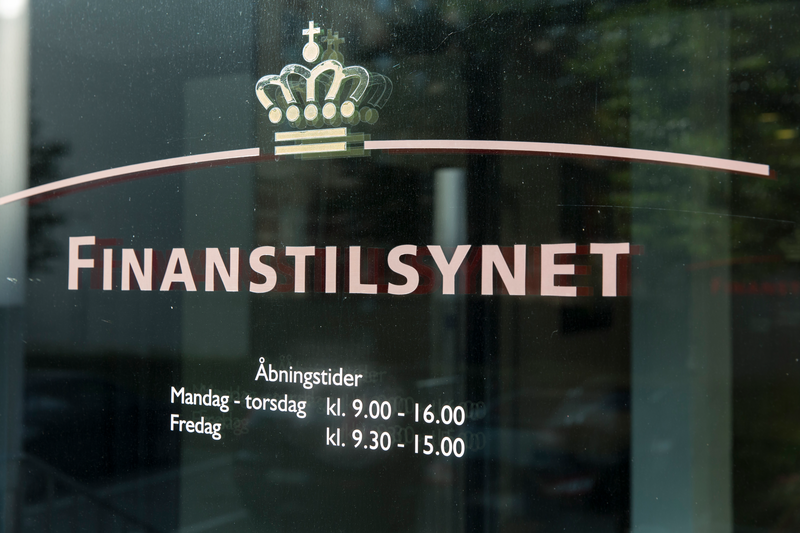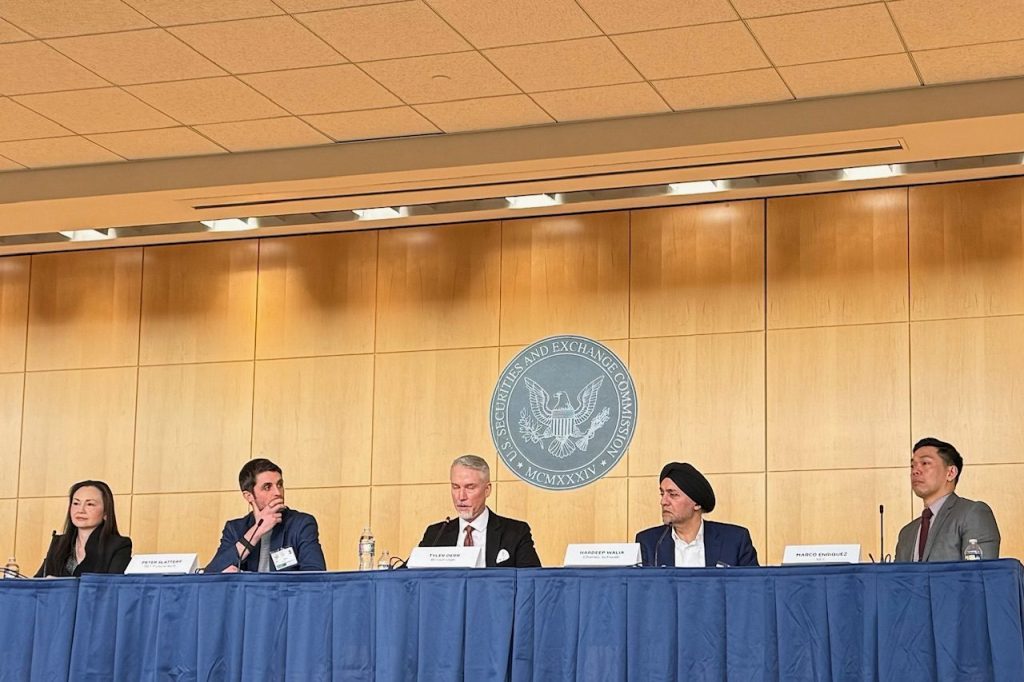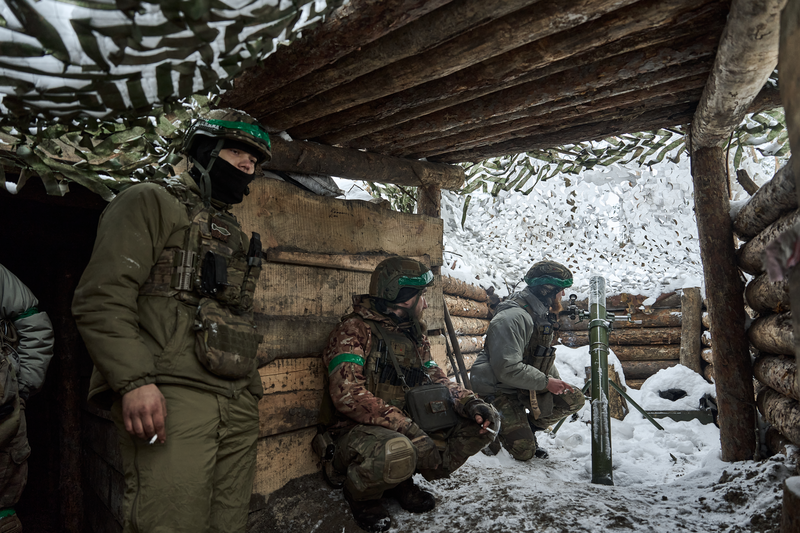With the rapid expansion of UK, EU and US sanctions on Russia and Belarus in recent weeks – and with more in the regulatory pipeline – we set out a 5-step checklist for assessing how your activities may be affected.
1. Which countries’ sanctions apply to your activities?
The UK, EU, US and other countries’ sanctions typically must be observed if there is a sufficient nexus to confer jurisdiction, that is if:
- their nationals (individuals) are involved, wherever they are in the world (in the case of US sanctions, this includes US permanent residents/Green Card holders);
- any part of a transaction is conducted within their territory or airspace; and
- legal entities incorporated or constituted under their law, including foreign branches are involved; or
- with respect to US sanctions, if a transaction is conducted in US dollars or clears through the US financial system, or data is routed through servers in the US, or other back office support or facilitation is provided by US persons (including service requests to an equipment supplier).
UK sanctions may also apply to non-UK persons outside the UK if there is a sufficient nexus. This will depend on the facts of each case but could include:
- transactions using clearing services in the UK;
- actions by a local subsidiary of a UK company;
- actions directed from within the UK; and/or
- financial products or insurance bought on UK markets but held or used overseas.
Additionally, US “secondary sanctions” may be applied to non-US persons outside the US in the absence of any US nexus if a transaction involves sanctionable conduct that would be prohibited to a US person and that is determined by the US authorities to be a “significant” transaction or otherwise provides material support to a sanctioned party. Whether a transaction is “significant” is based on a number of open-ended criteria e.g. the size, number and frequency of transactions.
Further, US export control restrictions may apply even if sanctions do not. For example, US export controls will apply if US-origin goods, software or technology located in a third country are re-exported, regardless of whether a US person is involved in the transaction.
2. Are any of your business partners subject to an asset freeze?
The UK, EU, US and others have imposed asset freezes (“blocking sanctions” in US terms) on most Russian banks and strategic industries (e.g. defence, transport, research, media and aerospace), and senior individuals in the Russian government, state-owned corporations and major businesses, including family members, and they are continuing to add new names to their national lists of such ‘designated persons’.
An asset freeze generally requires those within the scope of the national sanctions, as described at step 1 (above), to:
- freeze any assets of the designated parties that they may hold and to report these to their authorities;
- not make any funds or economic resources available to them, directly, indirectly or for their benefit;
In addition, US restrictions go further and in effect also prohibit all transactions with the designated (i.e. listed) party.
The same restrictions also apply to any non-designated entity that is:
- “owned” by a designated party or parties. The US threshold is 50% or more, while the UK and EU thresholds are “more than 50%”. The US and the EU (in guidance) consider the criterion met if the aggregated ownership of two or more designated parties exceeds the threshold. The UK (also in guidance) recognises aggregated ownership only if there is evidence of a joint arrangement between two or more designated parties; or
- in the UK/EU (not the US), “controlled” by a designated entity (i.e. able to ensure the affairs of the undesignated entity are conducted in accordance with their wishes, for example through controlling a majority of voting shares or having the right to appoint or remove a majority of the board of directors).
It is often challenging to reach a definitive view of whether this “control” criterion is applicable, for example if a majority shareholder becomes sanctioned and passes some of their shares to unsanctioned family members or to business associates. If you would like assistance on these issues, do get in touch.
If you do business with Russia or Belarus, you should screen your business partners – banks, suppliers, customers, distributors – against the applicable national sanctions lists and, given the current rapid pace of developments, set up alerts for new designations, in order to be able to identify any relevant new sanctions measures without delay. In some instances, the measures include exceptions or general licences that provide for a wind-down period, but others may have immediate effect. Note that asset freezes on Russian banks may prevent you from receiving or making payments to business partners or to employees.
It should also be noted that, while there are many similarities between the respective national lists, there are also significant differences. For example, a Russian company might be subject to EU sanctions but not to UK or US sanctions. In such cases, it may be possible for UK persons to do business with the Russian company provided that there is no EU nexus (as described in step 1 above), including that any EU nationals are recused.
3. Are any of your activities affected by other financial sanctions?
Short of an asset freeze, sanctions measures may restrict or prohibit:
- granting new loans or credit (including payment terms);
- sanctioned banks from clearing payments in certain currencies;
- dealing in transferable securities and money market instruments issued by sanctioned parties;
- the size of bank deposits by nationals of sanctioned countries;
- the access of sanctioned banks to the SWIFT messaging systems; transactions with the Russian Central Bank and certain State-owned enterprises;
- new investment or acquisitions and the provision of investment services.
The screening of your business partners, including banks, should check for the application of any of these restrictions. However, note that there may be exceptions, grounds for licensing and/or wind-down periods.
4. Are your products or services restricted?
Trade sanctions may restrict or prohibit:
- the sale, supply, transfer or export to Russia/Belarus, directly or indirectly, of certain goods and technology beyond those that are normally subject to export controls. This generally includes related financial services, brokering and technical assistance (e.g. repair, maintenance). The restrictions may be focused on only certain designated entities. There may be exceptions, grounds for licensing and/or wind-down periods;
- the import, purchase, transport or insurance of certain goods or technology from, or originating in, Russia/Belarus – notably including oil – with similar related provisions as those for exports;
- accounting, tax consulting, business and management consulting, public relations, architectural, engineering, IT consultancy, legal advisory and trusts services;
- closure or airspace and ports to aircraft and ships;
- more wide-ranging embargoes on most finance and trade with certain regions (previously Crimea, now extended to the occupied areas of Donetsk and Luhansk).
5. Do you have the right measures in place to mitigate your risks?
Given the evolving and expanding scope of sanctions, have you audited your compliance programmes and contractual commitments to make sure you are mitigating any risks? For example, have you:
- Updated your compliance policies and procedures, ensuring they are proportionate and workable?
- Reviewed your technology infrastructure to support your day-to-day compliance (e.g. with on-boarding clients and service providers or providing IP/geolocation support for your KYC process)?
- Tailored and updated your training for your compliance leads and others across your business?
- Reviewed whether your contracts enable you (or the counterparty) to suspend or terminate it without liability or serious risk of challenge, whether through a specific sanctions provision or other clauses such as the material adverse change clause?
* The contents of this article do not constitute legal advice and are provided for general information purposes only.
Andrew Hood is a regulatory partner and the head of European law firm Fieldfisher’s Trade team. Charlie Smith is a solicitor in the Regulatory team in Fieldfisher’s London office. Richard Tauwhere is an advisor in Fieldfisher’s International Trade team.



